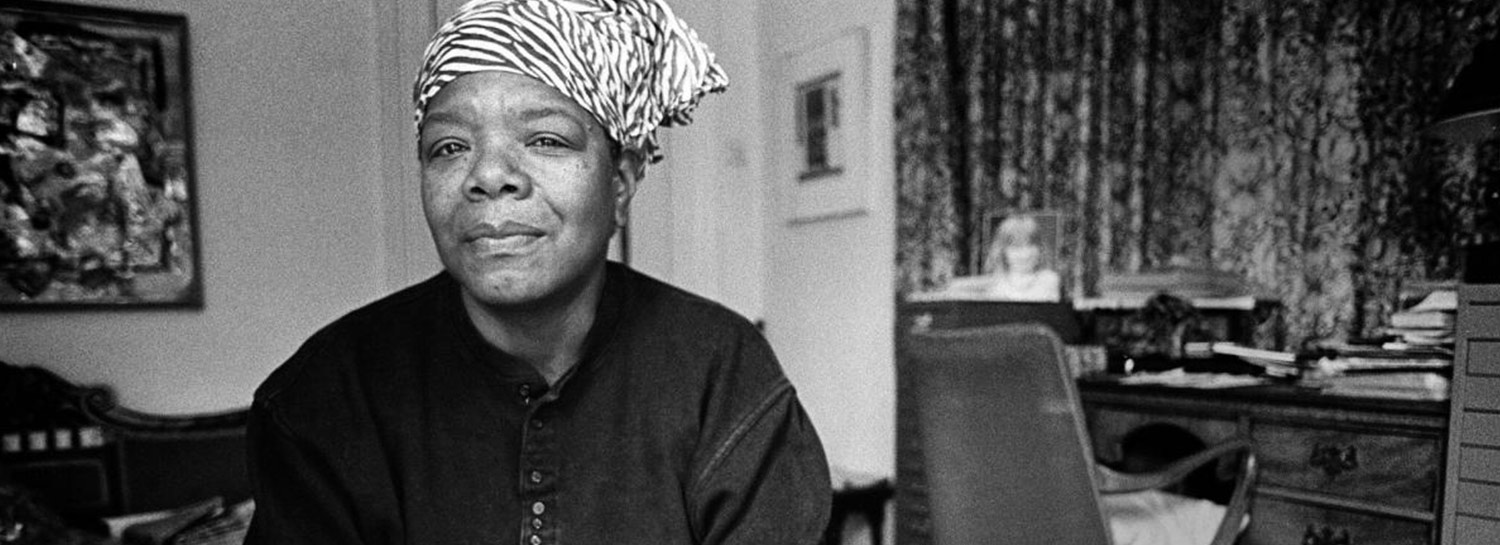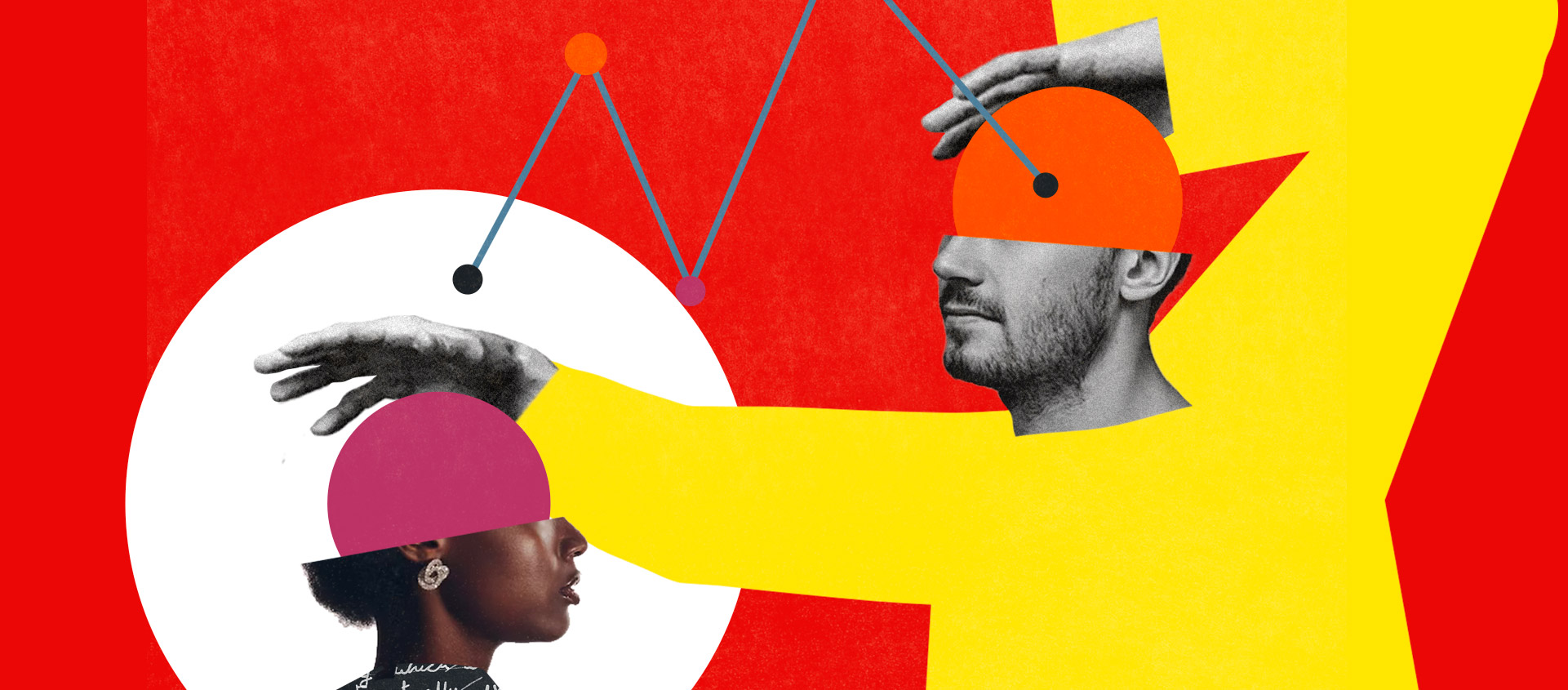We all have a life story that begins with birth and ends with death. What happens in between is shaped by our environment, relationships, and actions. Once our conscious mind develops, our decisions are motivated by our need to survive. For many, unforeseen circumstances make survival difficult. However, if we are lucky enough to have our basic needs fulfilled, our actions are driven by what we want, fear, and need. The outcome of our behavior ultimately shapes our saga.
Our narrative is the primary way we connect to others. For example, parents of children that play on the same soccer team have parallel stories that intersect because of two mutual characteristics. First, they are parents, and second, they have children that like to play soccer. The more traits we share, the more likely our stories evolve into a deeper relationship. Parents that spend time watching their children play soccer together discover more links to their life; they may both love the same food, music, or vacation spots. Before long, the common characteristics transform the random association to a soccer team into a meaningful bond built on value, trust, and devotion.
A business can foster the same type of attachment with its customers using its storyline. When a company crafts its history, it can identify characteristics shared by its customers. For example, Bill Johnson launched Johnson Grooves shortly after losing his job at a manufacturing plant. The day he was laid off, a freak torrential storm hit his area and damaged his gutters. He called countless companies to help him, but no one would offer a quality solution at a price he could afford. As a result, he learned how to manufacture and install his roof drainage systems at a fraction of the cost. His personal and relatable anecdote is the foundation of his business and the most powerful way to relate to his customers. His narrative’s main elements (he lost his job and needed affordable gutters) make potential customers feel connected.
Once a company establishes its biography, it needs to discover its customer’s story. Many businesses make the mistake of focusing much of their time on their service offering and little on developing customer relationships. Humans build a company to sell to humans, so the most effective way to relate to customers is by acting human. Retailers often explain mind-numbing details about their products or services before understanding the client. However, asking curious questions first that inspire a customer to share their personal history enables the salesperson to identify characteristics they can align with the brand’s biography. When they communicate a narrative that ties the products or services with the customer’s life, they feel the company genuinely understands what they want, fear, and need.
Humans long to be associated with things that genuinely represent who they are. The emotional links we create using the stories we tell make us feel a part of something greater than ourselves. The keyword is “feel.” To paraphrase American poet and civil rights activist Maya Angelou, your customers will likely forget most of your company’s details, products, or services. However, if you share a real story in the right way, “they will not forget how you made them feel.” Over time, this feeling will develop into value, trust, and devotion towards your brand because of a meaningful relationship based on a genuine human connection.







